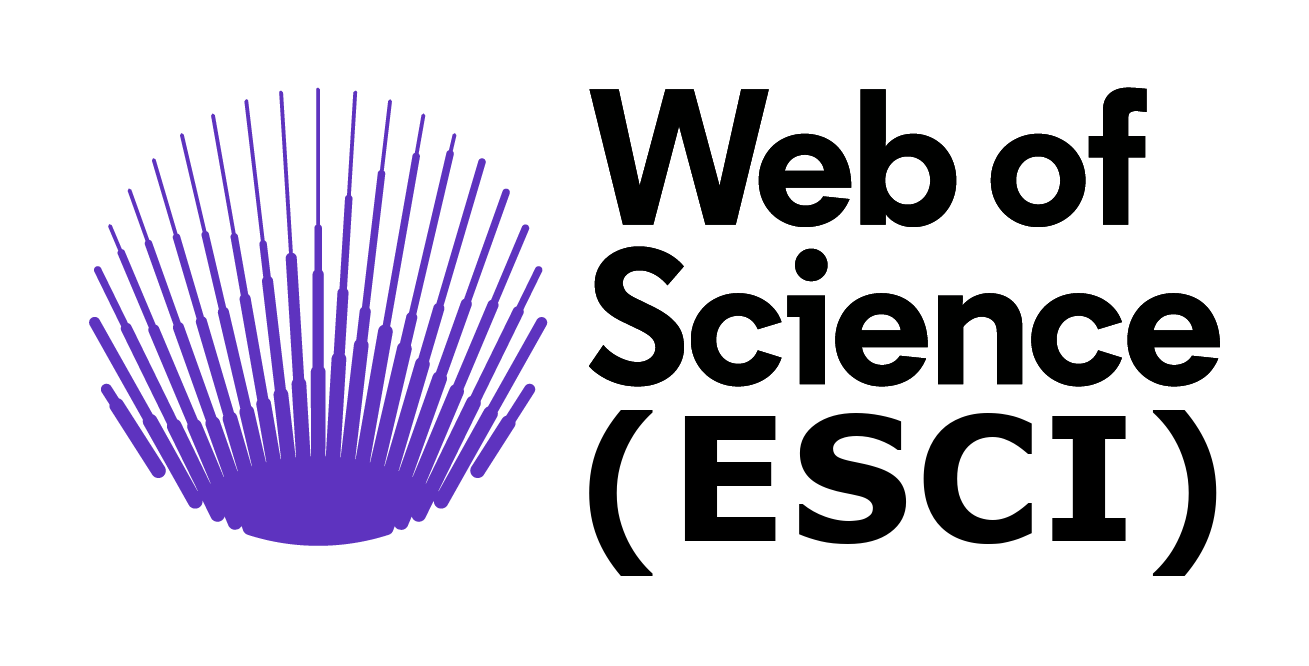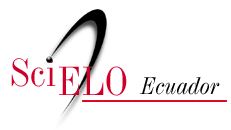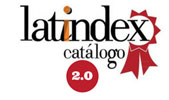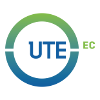Análisis del uso de micro convertidores DC/DC enfocados en la extracción máxima de energía en una granja fotovoltaica
DOI:
https://doi.org/10.29019/enfoqueute.v10n1.441Palabras clave:
control de generación de energía; paneles fotovoltaicos; celdas fotovoltaicas; rastreadores del punto de máxima potencia; conmutación de convertidores; convertidores DC/DC, gestión de energíaResumen
Este trabajo presenta un estudio amplio del trabajo publicado en la revista INCISCOS 2018 títulado “Improving of the Photovoltaic High Power Plant Generation Using DC/DC Micro Converters”;está enfocado en incrementar la cantidad de energía eléctrica generada de una Planta Fotovoltaica ubicada en Salinas, provincia de Imbabura-Ecuador, mediante la inclusión de micro convertidores DC/DC en los arreglos de los paneles fotovoltaicos y a partir de la implementación de una adecuada técnica de seguimiento del punto de máxima potencia. Los resultados indican que la inserción de los convertidores DC/DC en el sistema provocan un aumento en la cantidad de energía activa. Se realiza el análisis tanto con variaciones de la radiación solar como cambios en la temperatura ambiente.
Descargas
Citas
Ávila, E., Pozo, N., Pozo, M. y Salazar, G. (2018). Improved Particle Swarm Optimization Based MPPT for PV Systems under Partial Shading Conditions. Quito: Southern Power Electronics Conference (SPEC).
Benavides, D., Jurado, F. y González, L., (2018). Date analysis and tools applied to modeling and simulation of PV system in Ecuador. ENFOQUE UTE, 1-12.
Blaabjerg, F., Orlowska-Kowalska, T. y Rodríguez, J. (2014). Advanced and Intelligent Control in Power Electronics and Drivers. Nueva York: Springer.
Chen, P., y Yan, B. (2015). A Comparative Study on MPPT for Photovoltaic Generation Systems. IEEExplore, 1-6.
Cruz de Lima, N. (2012). Micro inversor para módulo fotovoltaico. Porto: Universidad do Porto.
Domínguez, X., Camacho, O., Leica, P., y Rosales, A. (2016). A Fixed-Frequency Sliding-mode Control in a Cascade Scheme for the Half-bridge Bidirectional DC-DC Converter”. IEEExplore.
Ji, Y.-H, Jung, D.-Y, Kim, J.-G, Kim, J.-H., Lee, T.-W. y Won, C.-Y. (2011). A Real Maximum Power Point Tracking Method for Mismatching Compensation in PV Array Under PArtially Shaded Conditions. IEEE TRANSACTIONS ON POWER ELECTRONICS, 1001-1009.
Liu, C.L, Liu, Y.-H, Luo, Y.-F, y Huang, J. W (2012). “A PSO-based MPPT Algorithm for Photovoltaic Systems Subject to Inhomogeneous Insolation”. IEEExplore, 721-726.
López, F. (2014). Construcción de funciones de Lyapunov para Sistemas Homogéneos de Segundo Orden (Método por reducción de variable). CDMX, México: Universidad Nacional Autónoma de México.
Vargas, J., Medina, J., Pozo, M., Pozo, N. y Salazar, G. (2018). Improving of the Photovoltaic High Power Plant Generation Using DC/DC Micro Converters. Quito: IEEE.
Vargas, J. (2018). “Diseño y Simulación de la Optimización en la Generación de Energía en una Central Fotovoltaica Mediante Conversores DC/DC y la Técnica de Control MPPT”, Quito: Escuela Politécnica Nacional.
Publicado
Cómo citar
Número
Sección
Licencia
Los artículos e investigaciones publicadas por la Universidad UTE, se realizan en régimen de Acceso Abierto [Open Access] en formato electrónico. Esto significa que todo el contenido está disponible de forma gratuita sin costo para el usuario o su institución. Los usuarios pueden leer, descargar, copiar, distribuir, imprimir, buscar o enlazar los textos completos de los artículos, o usarlos para cualquier otro propósito legal, sin necesidad de pedir permiso previo al editor o al autor. Esto está de acuerdo con la definición de acceso abierto de la Iniciativa de Acceso Abierto de Budapest (BOAI). Al enviar un artículo a cualquiera de las revistas científicas de la Universidad UTE, el o los autores aceptan estas condiciones.
La UTE aplica la licencia Creative Commons Attribution (CC-BY) a los artículos de sus revistas científicas. En virtud de esta licencia de acceso abierto, como autor usted acuerda que cualquier persona puede reutilizar su artículo en su totalidad o en parte para cualquier propósito, de forma gratuita, incluso para fines comerciales. Cualquiera puede copiar, distribuir o reutilizar el contenido siempre y cuando el autor y la fuente original estén correctamente citados. Esto facilita la libertad de reutilización y también asegura que el contenido pueda ser extraído sin barreras para necesidades de investigación.
Esta obra está bajo una Creative Commons Attribution 3.0 International (CC BY 3.0).
Además, la Revista Enfoque UTE garantiza y declara que los autores conservan siempre todos los derechos de autor y todos los derechos de publicación sin restricciones [© Los Autores]. El reconocimiento (BY) permite cualquier explotación de la obra, incluyendo una finalidad comercial, así como la creación de obras derivadas, la distribución de las cuales también está permitida sin ninguna restricción.























 Enfoque UTE - Facultad de Ciencias de la Ingeniería e Industrias - Universidad UTE
Enfoque UTE - Facultad de Ciencias de la Ingeniería e Industrias - Universidad UTE